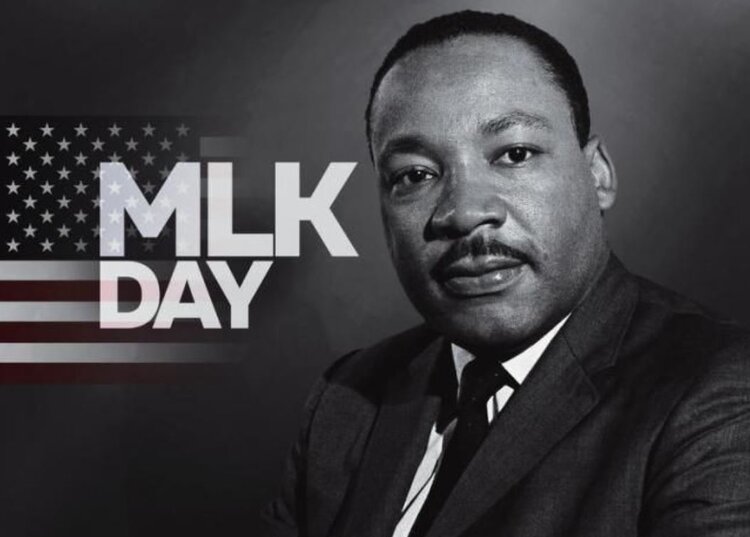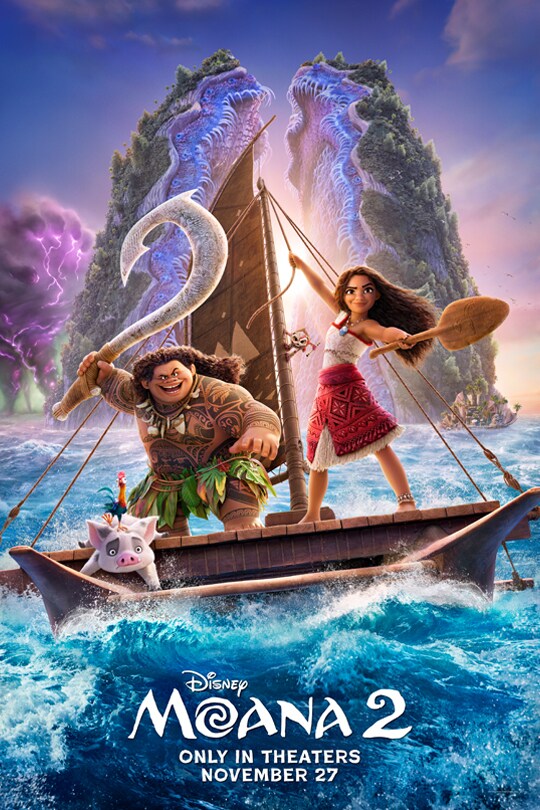True crime infiltrates most aspects of our world, whether we realize it or not. Through TV shows like Dateline, podcasts, and true-crime books, it’s hard to go through your day-to-day life without a mention of a murder case. While this might sound scary, people love true crime.
True crime is one of the biggest podcast and book genres. According to Edison Research, 84% of the US population ages 13 and up consume true crime. Along with this, many movies and TV shows about murder cases are constantly hitting the charts across providers.
But the real question that people fail to think about is this: Is it ethical? I personally listen to many true-crime podcasts and love them. With that being said, I often think about whether it’s okay for me to listen to that because it’s making many families’ realities just another true crime story. So, I decided to do some research and ask other people for their opinions.
First, I wanted to know why people like true crime so much. What I found is that true crime keeps people entertained and interested as they watch mysteries unfold in front of them. Also, whenever people watch true crime, they feel like they have a part in helping solve the case. Lastly, research shows that white women watch true crime the most because they feel as though it would help them if they are ever put in a position close to that of the murder victims they are watching. It gives them a sense of protection and peace.
I think you can draw two very different arguments by understanding why people love true crime. One being true crime is ethical because people like it and use it for their protection. The opposing view might believe that, it’s unethical because it exploits families.
Edison Research lays out the pros of true crime well. They say that true crime listeners are 4.4 times more likely to provide tips that would help solve a crime case. Listeners are also 3.6 times more likely to contribute to a cause or organization and 3.3 times more likely to contribute directly to a victim’s family. These facts make me feel better about true crime. I do think that true crime has the potential to raise awareness and benefit families if done in the right way.
Though there are pros, there are also cons to true crime. Collegedale Academy presented the point that true crime does a good job at making the criminal the main character. They start to get treated as a misunderstood person who faces hardship and needs love. We tend to forget that these are real people who committed heinous acts. Lastly, true-crime exploits families and makes their lives look like just another story used for entertainment. These facts make it easy to question the ethics behind true crime.
So with all this, what do you think? Is true crime in the media ethical?














